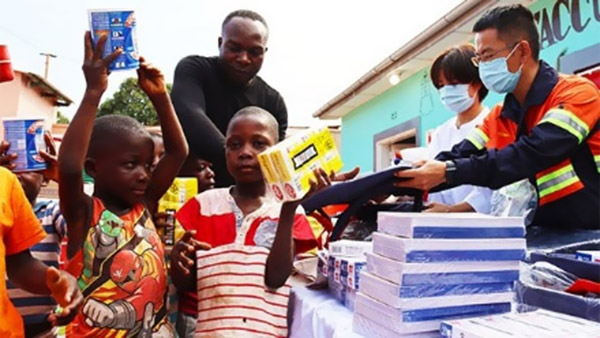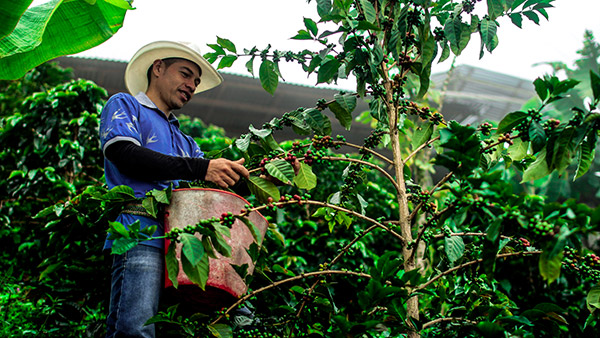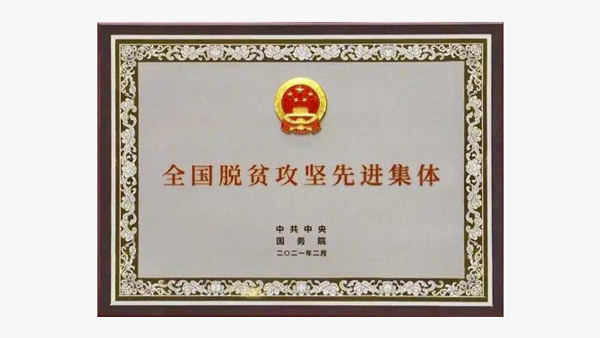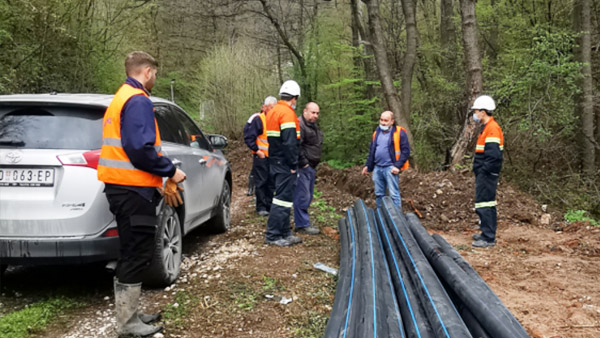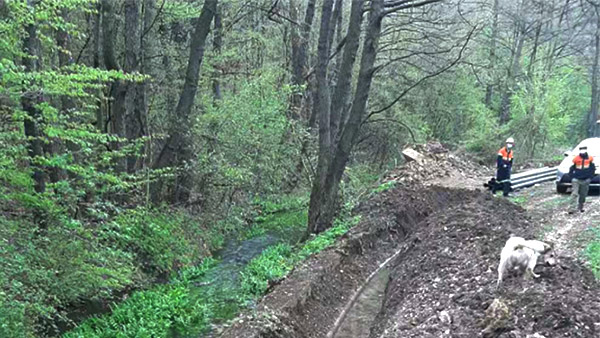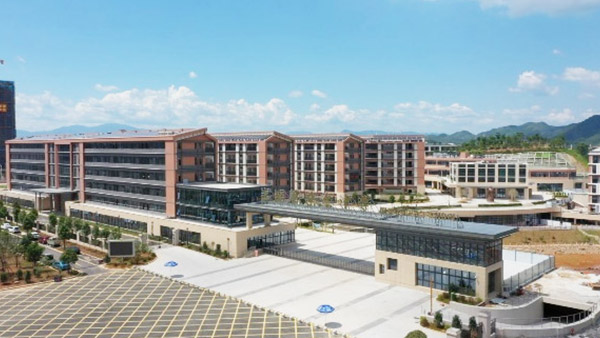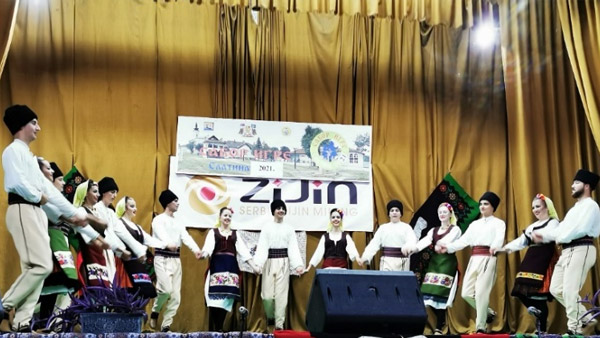- About Us
- Operations
- Overseas Operations
- Raygorodok Gold Mine
- Akyem Gold Mine
- Garatau Platinum Group Metals (PGMs) Mine
- Buriticá Gold Mine
- Čukaru Peki Copper-Gold Mine
- Rosebel Gold Mine
- Bor Copper Complex
- Aurora Gold Mine
- Kamoa-Kakula Copper Mine
- La Arena Copper-Gold Mine
- Kolwezi Copper Mine
- Norton Gold Fields
- Porgera Gold Mine
- Jilau and Taror Gold Mines
- Taldybulak Levoberezhny Gold Mine
- Bisha Copper-Zinc Mine
- Kharmagtai Copper-Gold Project
- Río Blanco Copper-Molybdenum Mine
- Tres Quebradas Salar
- Kyzyl-Tashtyg Zinc-Containing Polymetallic Mine
- Domestic Operations
- Shapinggou Molybdenum Mine
- Longjing environmental protection
- Lakkor Tso Lithium Project
- Xiangyuan Hard-Rock Lithium-containing Polymetallic Mine
- Julong Copper Mine
- Duobaoshan Copper Mine
- Zijinshan Copper-Gold Mine
- Ashele Copper Mine
- Zhunuo Copper Mine
- Yixingzhai Gold Mine
- Xiongcun Copper Mine
- Longnan Zijin
- Guizhou Zijin
- Sawaya’erdun Gold Mine
- Haiyu Gold Mine
- Wulagen Lead-Zinc Mine
- Sanguikou Lead-Zinc Mine
- Reserves and Resources
- Business
- Towards a low-carbon future
- Innovation
- Overseas Operations
- Sustainability
- Investors
- Media Center
- Careers






